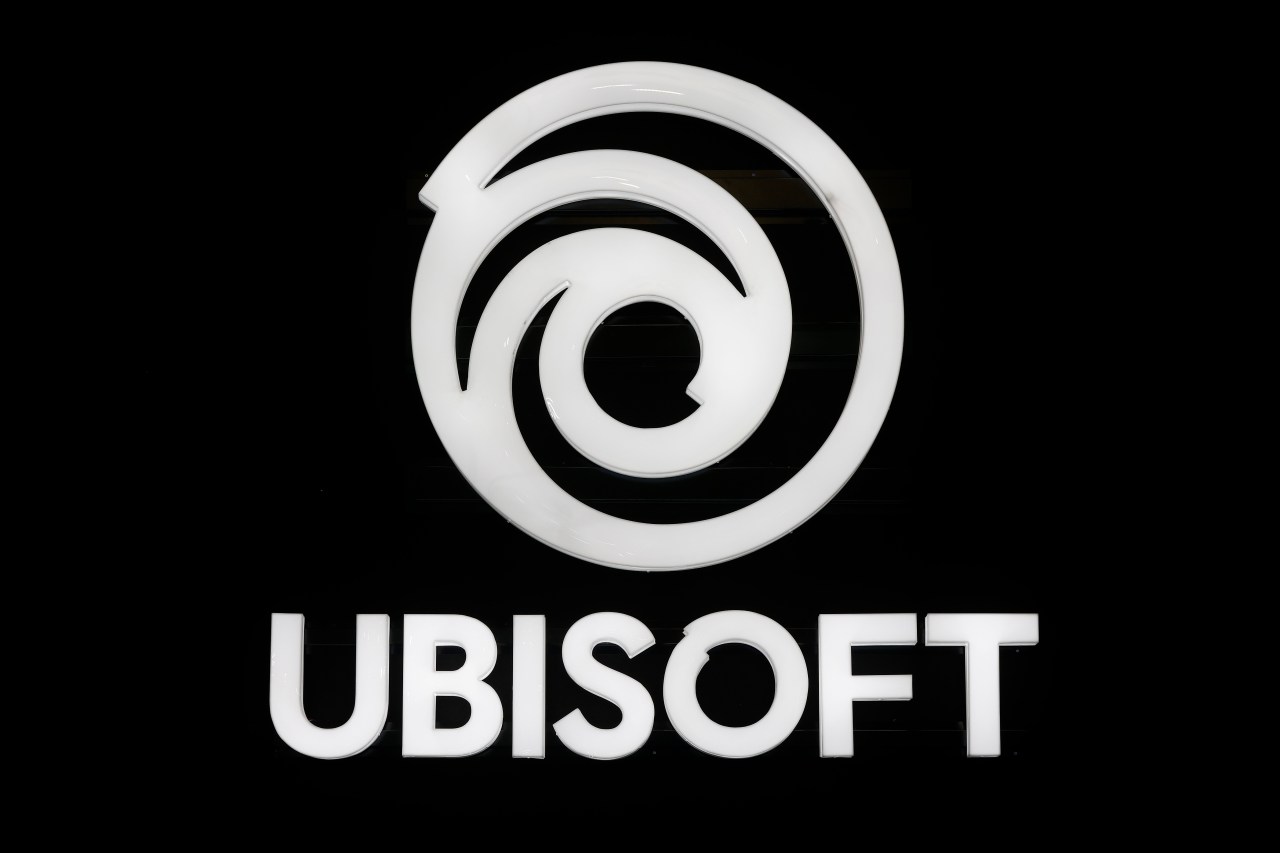In a bold move that pushes the boundaries of artificial intelligence in gaming, Ubisoft has unveiled its innovative AI tool called “Ghostwriter.” With a mission to craft compelling dialogue for non-playable characters (NPCs), this tool promises to enhance player immersion while allowing writers to focus their creative energies where they are needed most. But what exactly does this mean for the future of video game storytelling?
The Role of AI in Game Development
As games become ever more complex and immersive, the dialogue delivered by NPCs has risen to critical importance. These characters are not merely fillers in a game world; they help cultivate a rich environment where players can experience a narrative that feels alive. Ubisoft acknowledges that traditional dialogue writing, especially for generating “barks”—the simple phrases spoken by NPCs—can consume a significant amount of a writer’s time. The Ghostwriter tool aims to change that dynamic.
How Ghostwriter Works
The Ghostwriter tool functions as an intelligent assistant that generates first drafts of NPC dialogue. Here’s how it operates:
- Character Creation: Scriptwriters begin by defining an NPC’s character and specifying the type of interactions or utterances they want to create.
- AI Generation: Ghostwriter then produces a variety of dialogue options based on the input provided.
- Pairwise Comparison: For each generated variation, the tool presents two choices to the scriptwriter, who selects their preferred option. This learning process ensures that the AI becomes more sophisticated over time.
Enhancing, Not Replacing, Human Writers
It’s crucial to note that Ghostwriter is designed to synergize with human creativity, not replace it. Ubisoft’s approach is clear: the tool is there to assist by creating variations for short dialogue lines, giving writers more time to delve into core narrative elements. Ben Swanson, the RD scientist behind Ghostwriter, emphasizes that writers must learn how to effectively incorporate this AI tool into their production processes, allowing them to leverage AI capabilities without losing the human touch that defines storytelling.
Addressing Concerns from the Creative Community
Even with its clear benefits, the announcement of Ghostwriter has drawn some backlash from those advocating for the importance of human contributions in game writing. Critics argue that investment should focus on hiring skilled writers rather than relying on AI. Ubisoft was quick to respond to these concerns, clarifying that Ghostwriter was developed in collaboration with writers and is not intended to undermine their vital roles.
A Future Designed Around Creativity
Ubisoft’s vision extends beyond simply generating dialogue—it aims to empower narrative designers through an additional layer of creative support. With a companion tool named Ernestine, developers can build tailored machine learning models to meet their specific needs, further paving the way for customized storytelling experiences within games.
Conclusion
The introduction of Ghostwriter represents a fascinating intersection between technology and narrative design, opening up new pathways for creativity in game development. While this innovative tool might streamline certain processes, it serves as a reminder that human ingenuity and AI advancements can coexist to create richer, more engaging gaming experiences.
At fxis.ai, we believe that such advancements are crucial for the future of AI, as they enable more comprehensive and effective solutions. Our team is continually exploring new methodologies to push the envelope in artificial intelligence, ensuring that our clients benefit from the latest technological innovations.
For more insights, updates, or to collaborate on AI development projects, stay connected with fxis.ai.

